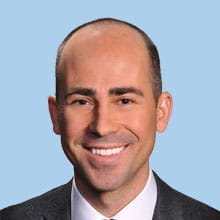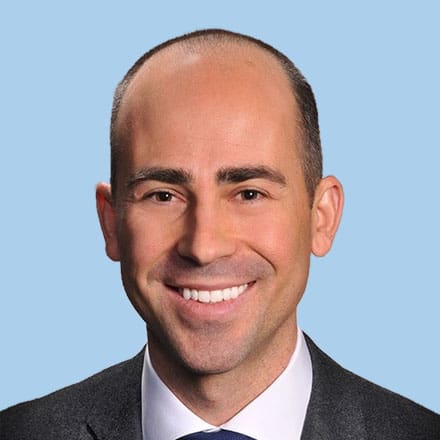Inside Angle
From 3M Health Information Systems
What messages are we sending our health workers?
Kicking off a new year provides the opportunity to take stock of our current station. The health care system, rather than returning to our pre-pandemic state after almost three years of battling COVID-19, is reluctantly accepting the following belief: We aren’t going back. This is the new reality and no one feels this more deeply than health workers.
Workforce challenges are center stage at any conference, the main topic of any webinar and the obvious “pain point” ripe for novel solutions. So, why aren’t health workers feeling any relief, as if our Charlie Brown storm cloud will not disappear?
Beyond confronting under-staffed teams or under-resourced organizations, health workers are facing unhappy, sometimes verbally abusive patients. One recent study highlighted just how ugly our in-basket messages can be. Yes, patients write us cuss words through the electronic health record (EHR).
A different beautiful op-ed described a heartbreaking accusation by a patient that the physician simply “didn’t give a ——,” relaying this curse over the phone. The surprisingly frequent direct insults do not even include the reviews on Google, Yelp, ZocDoc or HealthGrades, which, one can imagine, can reach even nastier depths when contributors feel cloaked by anonymity.
Much of patients’ frustrations are outside of the physician’s control, sometimes caused by financial concerns or navigating a fragmented system. Often it’s due to limitations on a physicians’ time, as we triage in-person demands in the clinic or hospital, take time to combat misinformation, review growing volumes of data about our patient population, or filter through hundreds of electronic in-basket messages that range from Flonase refills to abnormal mammogram results, to pleas from homeless patients for help. A patient’s perceived lack of caring can be the result of a host of health system failures. The physician, many times, is the face of that system.
But absorbing these assaults hurts profoundly empathic human health workers in ways that are difficult to distill into a few hundred words. After years of education, long hours of training, six figures of debt, not having a savings account until 29, being a lousy friend and missing multiple family holidays, you better believe I give a damn.
I care deeply about what happens to you. I just sometimes do not have enough time to invest in completely investigating, listening or even connecting as much as I truly want to. And that is a core moral injury that is leading to burnout among health workers across the country.
Fortunately, as we begin 2023, government leaders, hospital executives and start-up founders are all talking about improving the lives of health workers in a different manner than I have ever heard before. Maybe this year is different. Certainly we all have more control over our future than we might imagine. The health system does not function without health workers.
Dr. Anthony Fauci’s recent farewell upon his retirement put forth a handful of pearls that have illuminated his career path. He highlighted the importance of following one’s passions – whether mentors fully support your moves or not – and allowing science to guide our work, making sure we communicate plainly to all audiences. His experiences and lessons learned were not guaranteed. In fact, much of his infamy came from battling a disease (HIV/AIDS) that did not even exist until early in his career.
That’s the case for many of us now with COVID-19; where there is stress, there can also be great opportunity.
So, as we (hopefully) watch incentives shift in a meaningful way to mitigate burnout, physicians will do the best we can with the circumstances we are given. No matter the messages we read, no matter the words we hear, we can speak truth to patients and leaders of all stripes. If 2023 brings one thing, my hope is that it entails substantive change towards improving the work of health workers. As the U.S. Surgeon General’s recent report reminds us, we all have a role to play in that.
Dr. Travis Bias is a family medicine physician and chief medical officer of clinician solutions at 3M Health Information Systems.



I used to work with Travis Bias at Memorial Hermann Hospital. He is a compassionate, beautiful human being. This article breaks my heart.